USA | Canada | UK | Ireland | Australia | New Zealand | India | South Africa | China
First published by Hudson Street Press, a member of Penguin Group (USA) LLC, 2014
Copyright 2014 by Todd B. Kashdan and Robert Biswas-Diener
Penguin supports copyright. Copyright fuels creativity, encourages diverse voices, promotes free speech, and creates a vibrant culture. Thank you for buying an authorized edition of this book and for complying with copyright laws by not reproducing, scanning, or distributing any part of it in any form without permission. You are supporting writers and allowing Penguin to continue to publish books for every reader.
Kashdan, Todd.
The upside of your dark side : why being your whole selfnot just your good selfdrives success and fulfillment / Todd Kashdan, Ph.D., and Robert Biswas-Diener, Dr. Philos.
Includes bibliographical references and index.
1. Self-acceptance. 2. Self-realization. 3. Emotions. 4. Positive psychology. I. Biswas-Diener, Robert. II. Title.
While the author has made every effort to provide accurate telephone numbers, Internet addresses, and other contact information at the time of publication, neither the publisher nor the author assumes any responsibility for errors or for changes that occur after publication. Further, publisher does not have any control over and does not assume any responsibility for author or third-party Web sites or their content.
INTRODUCTION
THE PROMISE OF WHOLENESS
P ERHAPS THE MOST difficult test commonly used for recruiting elite special forces soldiers has nothing to do with marksmanship or proficiency in hand-to-hand combat. Its a simple jog down a remote road. Young men are instructed to don full gear and report to the starting point early in the morning, often sleep deprived and hungry. What makes this particular run unusually challenging is that none of the candidates are told the length of the course. Is it three hundred yards? Three miles? Thirty miles?
The stakes are high as the recruits begin their jog into the unknown. Some sprint forward in hopes of being first if the run is short. Others pace themselves, carefully conserving energy in the thought that the run could turn out to be a marathon. Some keep to themselves, trusting in their resolve and determination. Others jog together as a group, shouting words of encouragement. Running with sixty-pound packs is tiring, but the physical exertion is less demanding than the mental strain. The pressure of not knowing the distance to the finish line pushes many to the breaking point.
Ambiguous tasks are a good place to observe how personality traits bubble to the surface. Although few of us are elite soldiers, weve all experienced the kind of psychological distress these trainees encounter on their training run: managing unclear expectations, struggling with self-motivation, and balancing the use of social support with private reflection. These issues are endemic not only to the workplace, but also to relationships, health, and every aspect of life in which we seek to thrive and succeed. Not surprisingly, the leading predictor of success in elite military training programs is the same quality that distinguishes those best equipped to resolve marital conflict, to achieve favorable deal terms in business negotiations, and to bestow the gifts of good parenting on their children: the ability to tolerate psychological discomfort.
This is what psychologists refer to as distress tolerance, a quality found in people who can handle the emotional equivalent of camping (no shampoo, flush toilets, or walls to keep out creepy crawlers), who dont shy away from anger, guilt, or boredom just because they feel bad. Instead, they withstand the discomfort of those feelings andwhen appropriateeven draw from this darker palette of emotions. You might be asking, why would I want to do that? Pain hurts. Id rather be happy. If this question occurs to you, were nodding our heads in full agreement. We want you to be happy too. Distress tolerance is important not just because it makes you a better camper or soldier, but also because it allows you to become stronger, wiser, mentally agile, and, most important, happier in a more resilient, and therefore durable, way. After more than a decade of working with patients, clients, students, small companies, and organizations as large as the military and the Fortune 100, we, the authors, are putting forward a new way to pursue what is desirable in life; its not happiness, exactly, although it does have the side effect of making us happier. We call this state wholeness.
Beyond Happiness, Becoming Whole
There will always be expertsespecially in psychologywho argue that one particular way of being (happy, hardy, optimistic) is a cure-all. In this book, we take a different approach. Instead of suggesting that one state is best, we suggest that they all are. We believeand new research supportsthe idea that every emotion is useful. Even the ones we think of as negative, including the painful ones. Anger is a good example. Research shows that only rarely does anger turn into the kind of overwhelming rage that leads to violence. Instead, it tends to bubble up when you perceive an encroachment on your rights as a person. Anger stirs you to defend yourself and those you care about, and to maintain healthy boundaries. Similarly, embarrassment is sometimes an early warning sign of humiliation. More often its a signal that weve made a small mistake and that a small correction is required. Even guilt is not as awful as you might guess. Its a signal that youre violating your own moral code and therefore need to adjust either your actions or your code.
All psychological states have some adaptive advantage. Rather than steering you toward a single feeling state, then, we urge you to consider the usefulness of manyespecially the ones we turn away fromand to develop the ability to navigate every one. For some people, seeing the bright side of life is an uphill battle; for others, feeling sad is an unusual event. We dont suggest an extra helping of happiness or a dash of negativity; we suggest both. It is by appropriately flipping back and forth between these two states that you can achieve a balanced, stabilizing sense of wholeness. Simply put, people who are able to use the whole range of their natural psychological giftsthose folks who are comfortable with being both positive and negative, and can therefore draw from the full range of human emotionsare the healthiest and, often, the most successful.
Wholeness does not come easily, however. We get comfortable with pursuing a certain set of emotions. They make us feel good. Riding high in the moment is hard to pass upthink of a perfect kiss when your lips meld into the moistness of your partners, or of hearing the cheers of fellow employees when your name is announced for having won an award. Other emotions, like anger and guilt, are so painful that we avoid or suppress them. It turns out that the uncertainty, frustration, and occasional dash of guilt that stem from broken hearts, missed basketball shots at the buzzer, and botched interviews are the seeds of growth in knowledge and maturity. These often unwanted, negative experiences end up shaping some of the most memorable and inspiring experiences of our lives. By learning to embrace and use negative emotions as well as positive ones, we position ourselves for success.

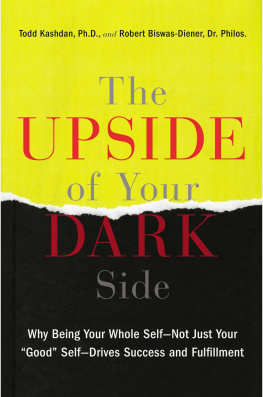
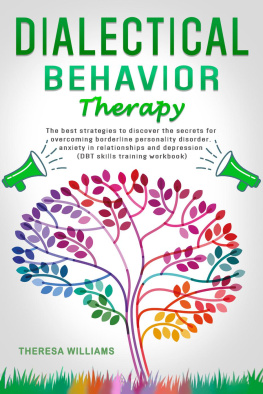
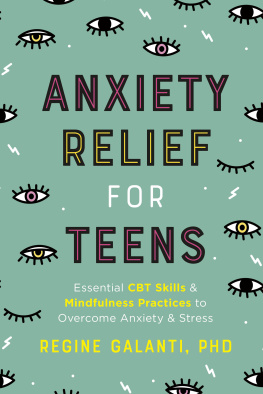

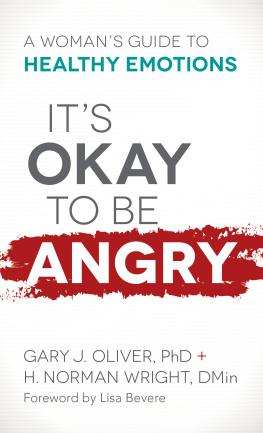
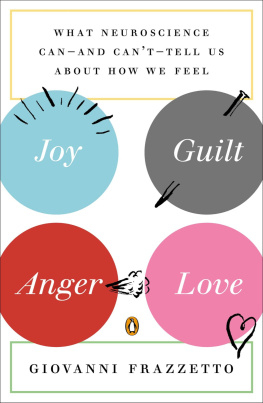
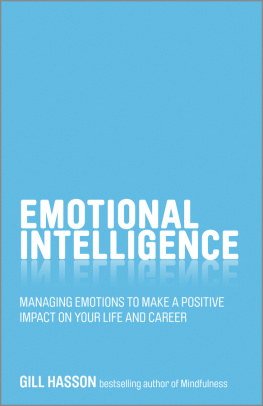
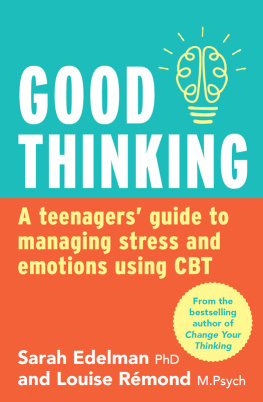
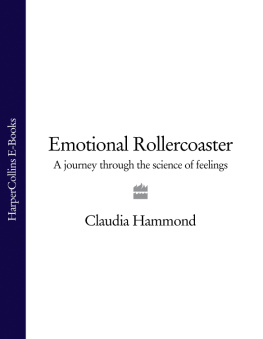



 REGISTERED TRADEMARK MARCA REG ISTRADA
REGISTERED TRADEMARK MARCA REG ISTRADA